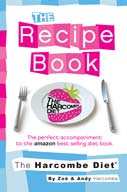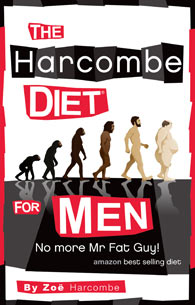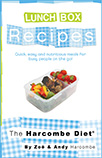“Myco” is the Greek word for “Fungi”, so Mycoprotein is effectively a fungus based protein. Immediately we can say that this is not good for anyone suffering from Candida. QuornTM is just the brand name for Mycoprotein. Mycoprotein is made in fermenters similar to those used in a brewery. It is made by adding oxygen, nitrogen, glucose and minerals to a fungus called Fusarium venenatum.
I only recently discovered that glucose (sugar) was added in the process of making Mycoprotein. However, in 100g of Quorn, there are 3.5g of fat and 2g of carbohydrate, so there can barely be a trace of sugar in any serving (the sugar can only be a part of even the small part that is carbohydrate). As with Tofu, Quorn is more of a fat than a carb, but it is barely either. So it can be eaten as part of a fat or a carb meal.
In 100g of Quorn, there are 12g of protein, so it is a high protein alternative to meat for vegetarians. It does have egg for binding, so it is not suitable for a vegan. In case you are wondering what makes up the rest, 75g out of 100g is water and 5g is fibre.
Overall, Quorn fails the basic ‘food in the form that nature intends us to eat it’ test, as it has been through a manufactured process. However, it can be a useful food to include in your diet if you don’t suffer from Candida and particularly if you are vegetarian and need extra food options.








